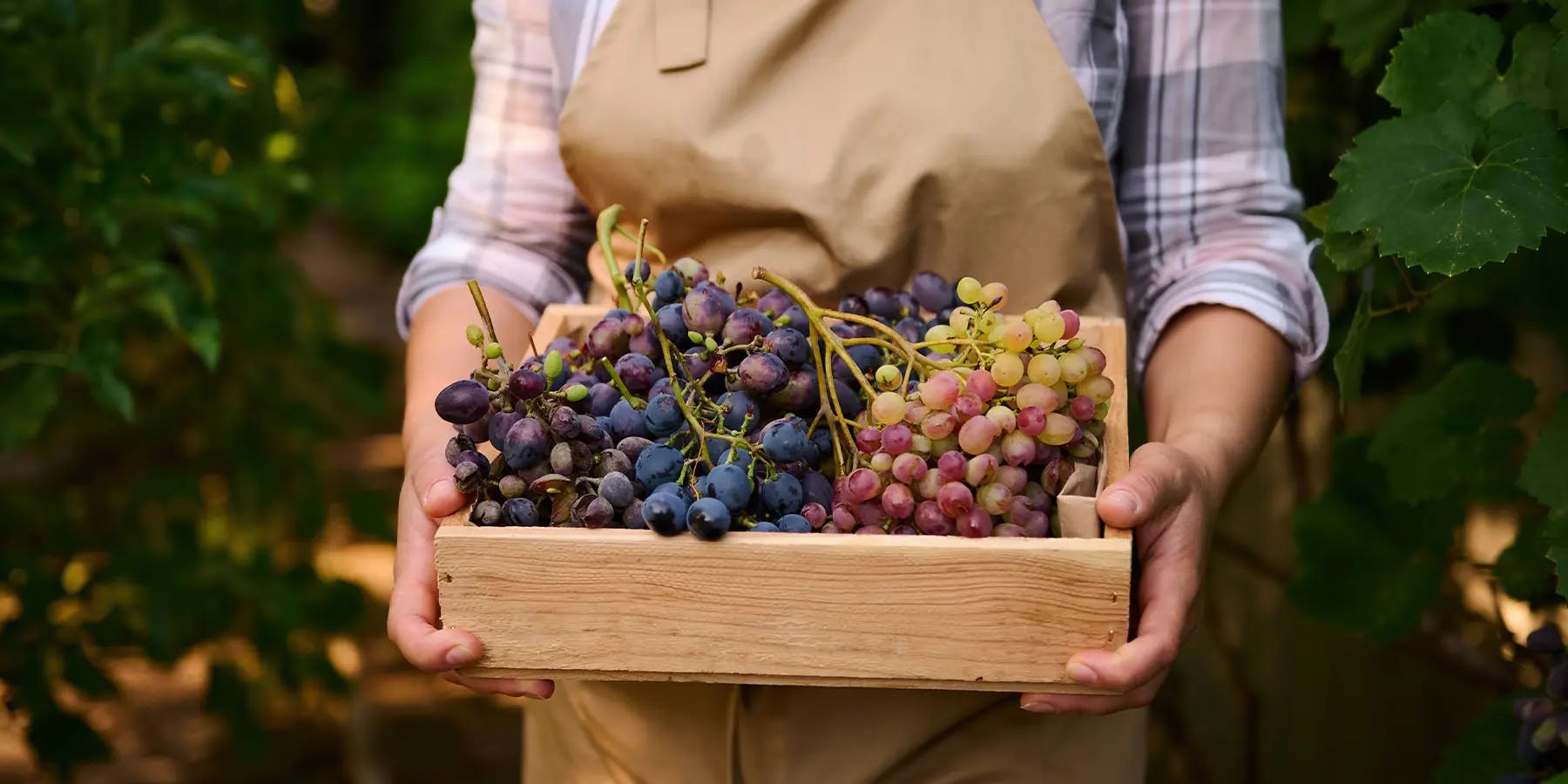- Wine world
What are the differences between organic and biodynamic wines?
- Wed, Mar 20, 2024 at 18:00

Organic wines: enjoy nature in a bottle
Organic wines are made from grapes grown according to certified organic principles. This means no use of synthetic chemicals such as pesticides, herbicides or chemical fertilisers. Instead, organic winemakers use natural methods to protect their vines from disease and pests, such as crop rotation, planting ground cover and using organic compost.
The standards governing the production of organic wines vary from country to country, and also require that vines be cultivated without the use of harmful chemicals for at least three years before the grapes are harvested. Vineyards and wineries must also be certified organic by approved regulatory bodies in order to claim the 'organic' label on their bottles. In France, organic wine standards are governed by strict regulations laid down by the European Union and supplemented by national directives (EU Organic Farming Regulation 2018/848, Label AB organic certification, etc.).
Biodynamic wines: harmony between land and wine
Biodynamic wines go beyond standard organic practices by adopting a holistic and ecological approach to viticulture. This method, based on the teachings of Austrian philosopher Rudolf Steiner, views the vine, the soil and the environment as a whole as an interconnected system. Biodynamic practitioners believe in the influence of cosmic forces on plant growth and the ecological balance of the earth.
Biodynamic winegrowers follow a lunar calendar to plan their farming activities and use special preparations based on plants, minerals and compost to nourish the soil and stimulate the vitality of the vines. They also place great importance on biodiversity and preserving the health of the soil by encouraging the growth of wild herbs and flowers, as well as integrating animals into the vineyard ecosystem.
What are the differences between organic and biodynamic wines?
What are the advantages of organic and biodynamic wines?
Organic and biodynamic wines at U'wine
Organic and biodynamic wines represent a promising alternative to conventional methods of wine production, offering quality wines while preserving the environment and human health. Whether out of ecological conviction, concern for quality or simply for the pleasure of tasting, these wines continue to grow in popularity and are helping to shape a more sustainable future for the wine industry.
At U'wine, we want a more sustainable future for the wine industry. That's why we strive to offer our consumers wines that reflect these values.
Gérard Bertrand is recognised as one of the pioneers of biodynamic viticulture. Convinced of its benefits, he is an ardent advocate of biodynamic viticulture, affirming his unwavering commitment to this holistic approach to vine-growing.
